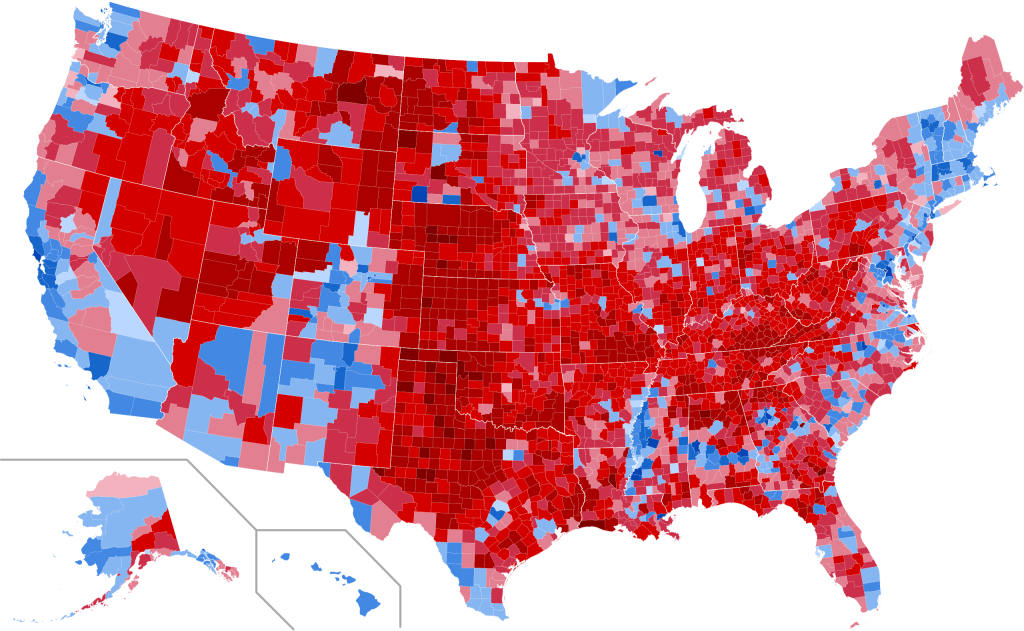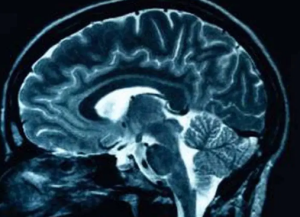
420 Million Geo-Tagged Posts Reveal Pandemic Prediction Clues
Imagine trying to predict a hurricane, but your radar only works on half the sky. That’s the challenge public health officials face when trying to forecast COVID-19 surges using social media. New research published in Frontiers in Public Health reveals that politics and pandemic forecasting are more closely intertwined than previously expected.
Researchers analyzed over 420 million geo-tagged social media posts in the U.S. and found that what people posted—and where—could forecast COVID-19 case spikes up to six weeks in advance. But here’s the twist: the predictive power of these posts wasn’t universal. It changed depending on a state’s political leaning.
Social Media as a Crystal Ball?
Since the early stages of the pandemic, researchers have explored using social media data as an early warning system. People tweet before they test. They post about symptoms, frustrations, and local outbreaks long before case numbers show up in official databases. That makes geo-social media a potentially powerful forecasting tool.
But it’s not just what people post—it’s also where and why.
The study categorized U.S. states into Republican-leaning, Democratic-leaning, and swing categories based on the 2020 election results. Then, researchers tracked eight key COVID-related topics—such as “quarantine,” “vaccination,” and “symptoms”—to see how well these topics predicted future case surges in each type of state.
The results? Eye-opening.
Red State, Blue State, Different Signals
Topics like “quarantine” and “preventive measures” (think masks and lockdowns) were strong predictors of rising COVID-19 cases in Democrat-leaning states. But in Republican states, those same posts were far less correlated with actual outbreaks.
Conversely, posts about “vaccination” and “virus” became more predictive over time, especially in states where vaccination rates were rising. That means the public discourse in Republican versus Democrat states wasn’t just different in tone—it shaped the very usefulness of the data for forecasting.
This wasn’t random. It aligned with broader patterns of polarization. The researchers noted that over time, certain topics lost their predictive power, potentially due to pandemic fatigue or shifts in public interest. In other words, the posts that once signaled outbreaks started to go quiet, not because cases were falling, but because people had moved on.
Why It Matters for Public Health
This isn’t just an academic insight. It’s a call to arms for health officials, epidemiologists, and digital surveillance teams.
If we treat all social media data the same—ignoring regional or political context—we risk missing critical early signals. A nationwide model that doesn’t account for these differences might work in Massachusetts but fail in Missouri.
The implications are clear: we need smarter, regionally tailored early warning systems.
Imagine a forecasting tool that doesn’t just scrape Twitter for COVID mentions, but filters posts based on topic, geography, and political culture. That’s the future this research points toward.
The Road Ahead: Smarter Surveillance
The study’s authors are cautious. They acknowledge that social media data is messy, full of noise, and uneven in its representation. Only a tiny fraction of posts are geo-tagged, and changes to platform access (like Twitter’s API restrictions) could limit future research.
Still, the potential is there.
By combining digital signals with an understanding of local political context, future tools could become more responsive and precise. Think: an early warning system that updates not just with epidemiology, but with the pulse of the people, filtered through their beliefs, behaviors, and posts.
What’s Next?
- Could these findings be replicated for flu, RSV, or future pandemics?
- How do we ethically and responsibly incorporate political signals into public health tools?
- Will tech companies cooperate with researchers to improve access?
This study is a first step, but the questions it raises are critical for the next phase of pandemic preparedness.
Join the Conversation
- How do you think political culture influences public health behavior in your community?
- Should health departments adjust their messaging based on political leanings?
- What’s the balance between predictive power and ethical surveillance?



